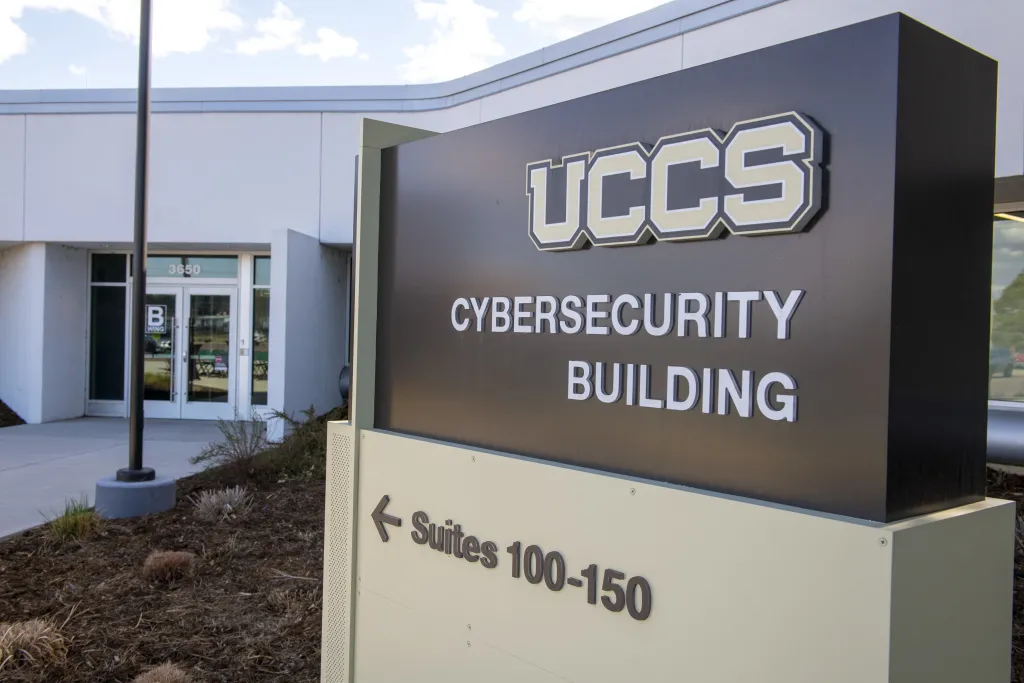
About Cybersecurity
Cybersecurity in Education
Integral to the work of today’s teachers, counselors, human services professionals, student affairs professionals, and education administrators is digital leadership, which includes four domains: digital identity development, cybersecurity literacy, multicultural competence in technology, and online engagement and leadership. The digital citizenship project incorporates digital wellness, digital accessibility, user data and securing digital devices, and understanding personal information and the digital footprint. Educating current and future students in the Southern Colorado region about these aspects of digital leadership and digital citizenship ensures they are deploying 21st-century digital skills and participating in co-curricular learning experiences in K-12 environments and on college campuses.
More info
Student affairs professionals in higher education provide guidance, support, engagement, and co-curricular learning experiences for college students. The UCCS Master’s in Leadership with a concentration in Student Affairs in Higher Education (SAHE) program educates 40 students annually who concurrently work part-time or full-time with college students at a variety of Southern Colorado higher education institutions in areas such as academic advising, residence life and housing, leadership development, and student activities.
Integral to the work of today’s student affairs educators is digital leadership, which includes four domains: digital identity development, cybersecurity literacy, multicultural competence in technology, and online engagement and leadership. Educating current and future student affairs leaders in the Southern Colorado region about these aspects of digital leadership during their graduate curriculum will ensure they are deploying 21st-century digital leadership skills in their roles supporting students and providing co-curricular learning experiences on college campuses.
Our project is designed to enhance student affairs educators’ digital leadership, which includes four domains: digital identity development, cybersecurity literacy, multicultural competence in technology, and online engagement and leadership. The educational opportunities crafted for our participants will include content that emphasizes diversity, equity, and inclusion. For example, issues of inclusion and equity are central to maximizing online engagement and leadership opportunities. Additionally, multicultural competence in technology advances issues of diversity and inclusion as we grapple with implicit bias in technology as well as online harassment and discrimination. This domain also engages us in content around universal design (UD), which is meant to enhance equity and inclusion in digital spaces.
For more information about Cybersecurity in Student Affairs and Leadership, contact Dr. Patty Witkowsky: pwitkows@uccs.edu.